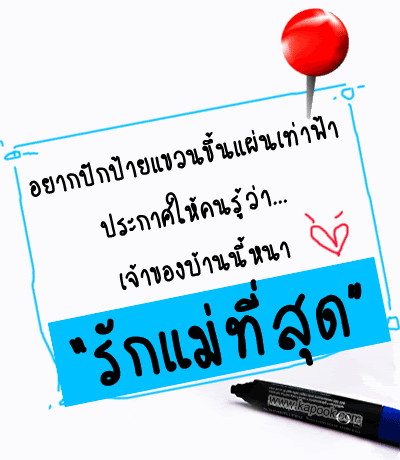


The Lantern Festival (Yuan Xiao Jie) of Chinese
The 15th day of the 1st lunar month, another important traditional festival, follows the Spring Festival. Books written in ancient China refer to it as Shangyuan Jie (the 15th day of the 1st lunar month). It is called Yuan Xiao jie because xiao means "evening" and the whole phrase referes to the Lantern Festival, as it's called today.
Yuan Xiao Jie dates back to the Han dynasty (206 B.C.-A.D. 220). Sima Qian (c. 145 or 135-B.C), author of Records of the Historian, considered it an important festival when he advised Emperor Wudi to revised the calendar and adopt the Tiachu calendar (used from 104 B.C. to A.D. 85)
On the night o Yuan Xiao Jie there is an exhibition of lanterns that attracts many spectators. This custom at first had something to do with night curfew in ancient china. Since the Zhou Dynasty (11th century-256 B.C.), the common people had been to go outdoors or get together at nights. The curfew was not relaxed until the Han dynasty, when the rite of sacrifice to the Heavenly King took place throughout the night. This was probably the first time the curfew was lifted and the at people were allowed to come out to watch the lanterns.
It is a 1300-year-long tradition that for the Lantern Festival every family eat Yuanxiao(here it means a ball-like glutinous rice flour dough stuffed with sweet things). It is also known as fuyanzi (floating ball) because when boiled they float on the surface of the soup ( tangyuan) (balls in soup) or fengou (dough fruit). People eat it as a symbol of family reunion and a sweet life. Gradually people have come to call it just yuanxiao for short. At any rate, it is so tasty that everyone likes it.
The ingredients of the stuffing are white sugar, brown sugar, color dressings, rose, bean paste, sesame, ashed walnuts, etc. The yuanxiao are prepared by boiling, steaming or frying. Today, before the festival, the shops in all the cities, towns and villages in China make plenty of yuanxiao for the celebrator.




















No comments:
Post a Comment